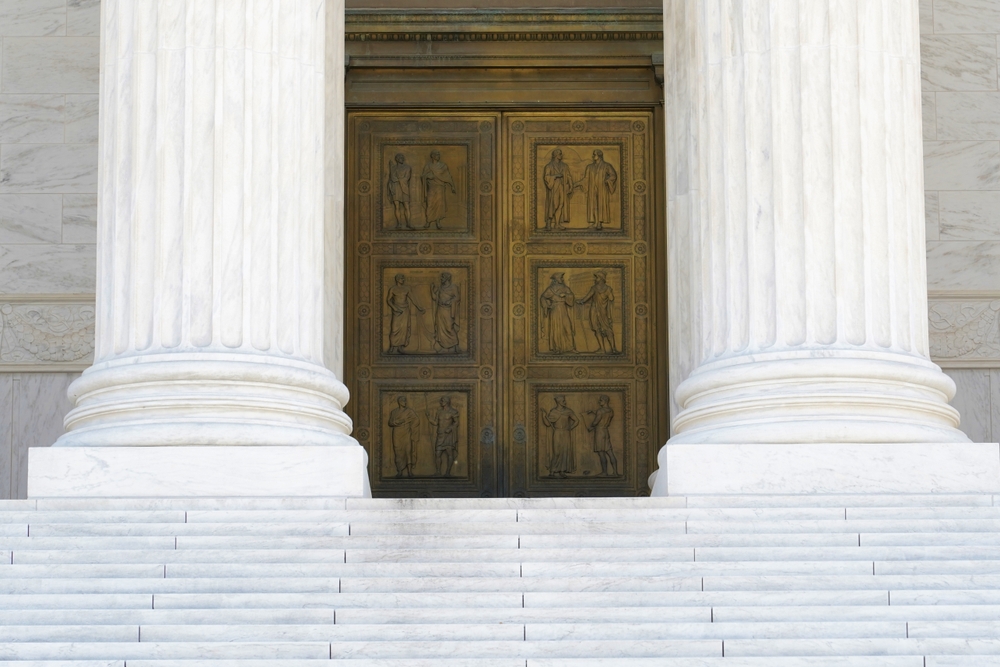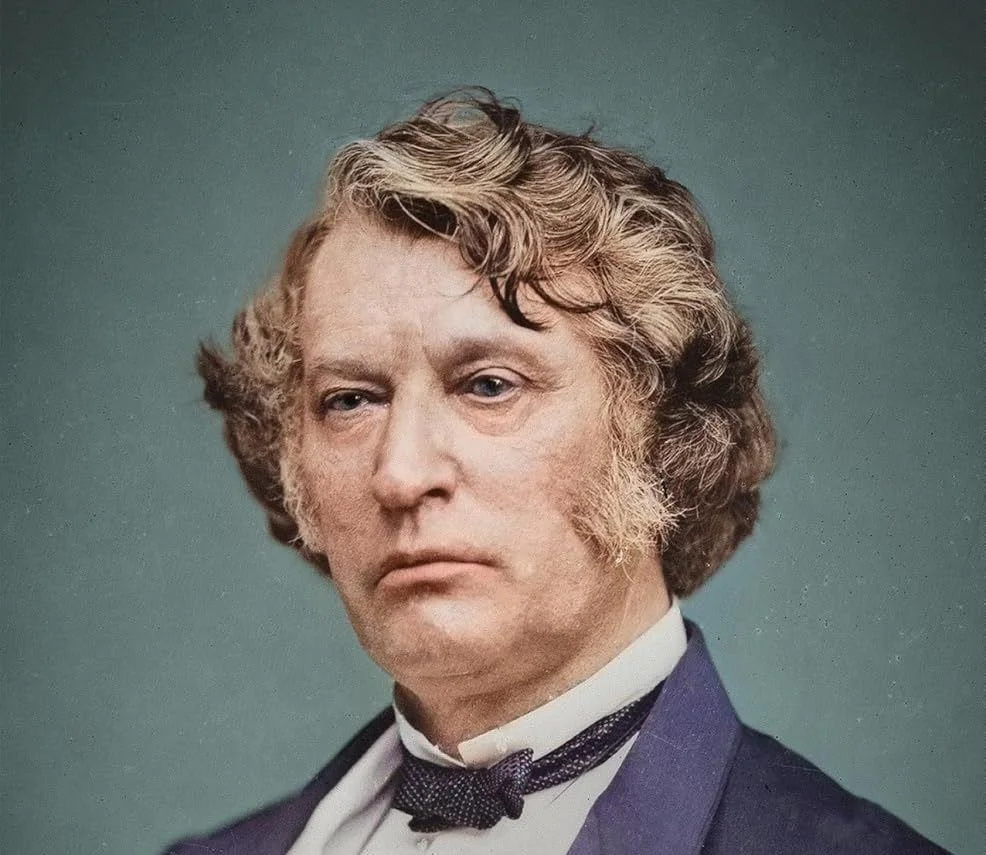Richard Epstein: The Constitution, Parental Rights, and More
This video was originally posted by Chicago's Morning Answer. Watch the full conversation here.
Legal scholar Richard Epstein joined host Dan Proft to discuss the U.S. Supreme Court’s decision not to hear L.W. v. Skrmetti, a challenge to Tennessee’s law prohibiting medical gender transition treatments for minors. The conversation covered the constitutional framework of the case, broader questions of parental rights, and the legal and ethical implications of gender medicine for minors.
Constitutionalism

Amicus Brief: Hon. William P. Barr and Hon. Michael B. Mukasey in Support of Petitioners
Former AGs Barr and Mukasey Cite Civitas in a SCOTUS Brief

Rational Judicial Review: Constitutions as Power-sharing Agreements, Secession, and the Problem of Dred Scott
Judicial review and originalism serve as valuable commitment mechanisms to enforce future compliance with a political bargain.

Supreme Court showdown exposes shaky case against birthright citizenship
Supreme Court will hear challenges to Trump's order ending birthright citizenship, testing the 14th Amendment's guarantee for babies born in America.

Slavery and the Republic
As America begins to celebrate its semiquincentennial, much ink has been spilled questioning whether that event is worth commemorating at all. Joseph Ellis’s The Great Contradiction could not be timelier.

Two Hails For The Chief’s NDA
Instead of trying to futilely plug the dam to stop leaks, the Court should release a safety valve.




.avif)








.avif)

